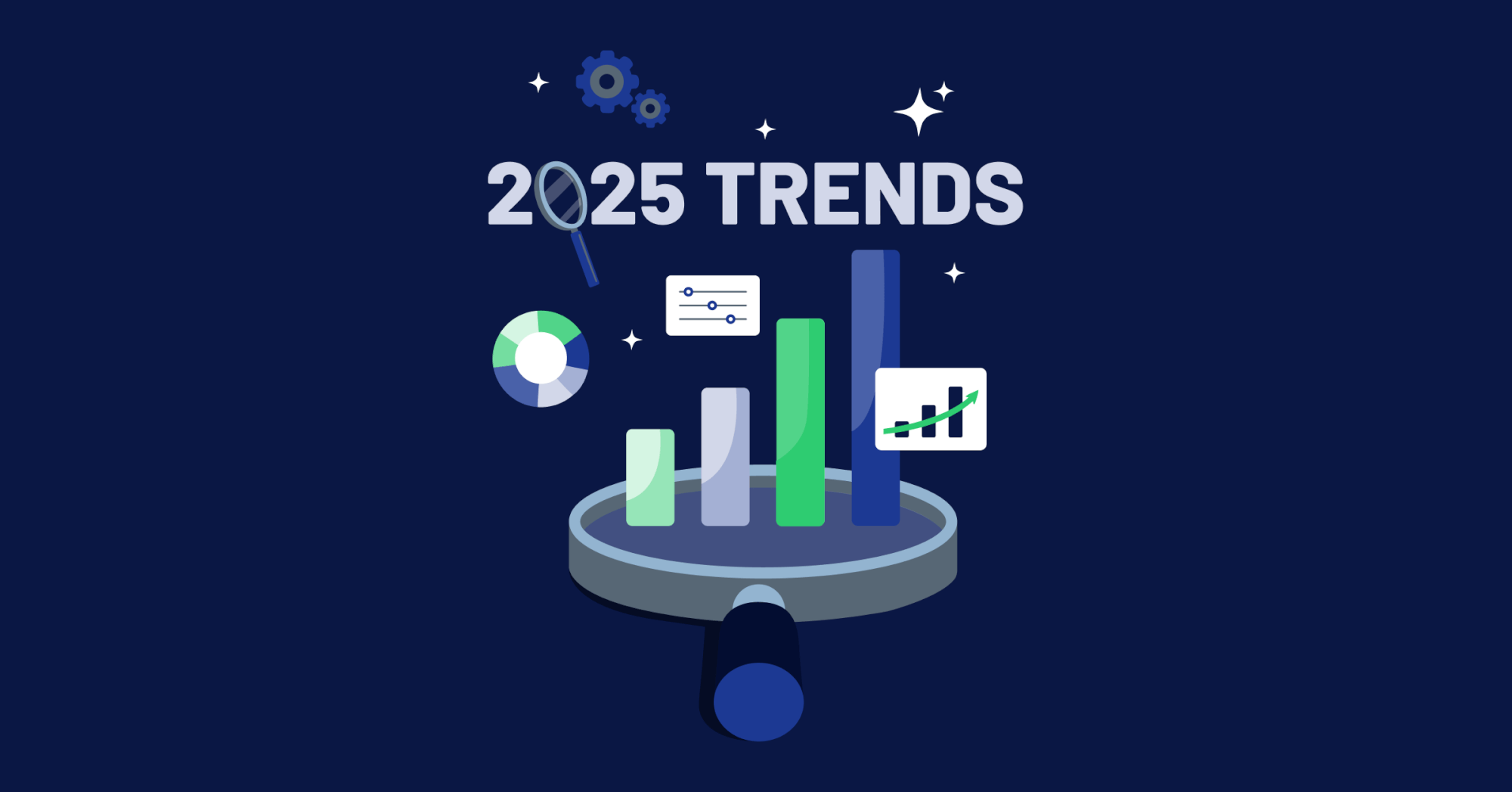The landscape of Search Engine Optimization (SEO) is dynamic, constantly reshaped by Google’s relentless pursuit of delivering the best possible user experience. While getting your website to rank on the first page remains a core goal, the “how” and “what” of SEO are evolving dramatically. In 2025, it’s less about simply appearing in a list of blue links and more about dominating the entire search results page (SERP) and building undeniable authority.
At Vishvmedia, we’re seeing two major shifts that are profoundly impacting SEO strategies: the rise of zero-click searches and the intensified focus on E-E-A-T (Experience, Expertise, Authoritativeness, and Trustworthiness). Understanding and adapting to these trends is no longer optional; it’s essential for sustained online visibility and business growth.
The Zero-Click Phenomenon: When Users Don’t Click Your Website
Remember when a Google search always meant clicking through to a website? Those days are increasingly behind us. A “zero-click search” occurs when a user finds the answer to their query directly on the Search Engine Results Page (SERP) without needing to click on any organic or paid link.
This phenomenon is driven by Google’s enhanced SERP features designed to provide immediate answers:
- Featured Snippets: Direct answers pulled from web pages, often appearing at “position zero.”
- Knowledge Panels: Information boxes for entities (people, places, things) on the right side of the SERP.
- Local Packs: Maps and business listings for “near me” searches.
- People Also Ask (PAA) Boxes: Expandable questions and answers related to the initial query.
- AI Overviews/Generative AI Features: Google’s increasingly common AI-generated summaries and direct answers.
Why does this matter for your SEO?
While it might seem counterintuitive to optimize for something that doesn’t generate a click to your site, zero-click optimization is critical for brand visibility and authority. If your competitor’s content appears in a featured snippet, they’re becoming the go-to source, even if the user doesn’t visit their site directly. For local businesses, a zero-click result can directly lead to foot traffic or phone calls.
Strategies for Zero-Click Dominance:
- Answer Specific Questions Directly: Structure your content to provide clear, concise answers to common questions, ideal for featured snippets. Use question-based headings (H2, H3) followed immediately by the answer.
- Utilize Structured Data (Schema Markup): Implement schema markup for FAQs, how-to guides, recipes, product information, and local business details. This helps search engines understand your content better and display it in rich results.
- Create List and Table Formats: Google often pulls content for featured snippets from bulleted lists, numbered steps, or well-structured tables.
- Optimize for Local SEO: Ensure your Google Business Profile is meticulously updated. Many “near me” searches result in local pack zero-clicks.
- Focus on Conversational Language: Align your content with how people speak their queries, especially important for voice search which often results in zero-click answers.
E-E-A-T: Building Unquestionable Authority and Trust
Google’s Search Quality Rater Guidelines heavily emphasize E-E-A-T (Experience, Expertise, Authoritativeness, and Trustworthiness). While not a direct ranking factor, E-E-A-T is a framework Google’s algorithms use to evaluate the overall quality and credibility of content and websites. In 2025, demonstrating strong E-E-A-T is paramount, especially for Your Money Your Life (YMYL) topics (finance, health, legal, etc.).
Let’s break down each component:
- Experience: Does the content creator have firsthand experience with the topic? (e.g., a product review written by someone who actually used the product).
- Expertise: Does the content creator have the necessary knowledge and skills in the subject? (e.g., a medical article written or reviewed by a doctor).
- Authoritativeness: Is the website or content creator recognized as a leading source or authority on the topic by others in the industry? (e.g., through backlinks from reputable sites, mentions, awards).
- Trustworthiness: Is the information accurate, transparent, and reliable? Is the website secure, with clear privacy policies and contact information?
How to Boost Your E-E-A-T:
- Showcase Author Credentials: Feature author bios with real names, qualifications, and experience. Link to their professional profiles (LinkedIn, academic papers).
- Publish Original Research & Data: Conduct surveys, analyze your own data, or share unique insights. This demonstrates firsthand experience and unique expertise.
- Get Quality Backlinks: Earn links from reputable, authoritative websites in your niche. These act as “votes of confidence.”
- Maintain Content Accuracy: Ensure all information is fact-checked and up-to-date. For YMYL topics, consider having content reviewed by subject matter experts.
- Build a Strong Brand Presence: Consistent branding, positive online reviews, and active engagement in your industry contribute to overall authoritativeness and trustworthiness.
- Ensure Website Security and Transparency: Use HTTPS, have clear privacy policies, terms of service, and easily accessible contact information.
The Power of Semantic SEO: Understanding Intent, Not Just Keywords
Beyond individual keywords, Google’s AI-driven algorithms are focused on semantic understanding – grasping the true meaning, context, and intent behind a user’s query and a piece of content. This means:
- Topics over Keywords: Instead of optimizing for a single keyword, create comprehensive content that covers an entire topic in depth, addressing related sub-topics and common questions.
- Entity Recognition: Google understands “entities” (people, places, organizations, concepts) and their relationships. Ensure your content clearly defines and connects relevant entities.
- Contextual Relevance: Your content should not just contain keywords, but also the broader semantic field around those keywords.
Implementing Semantic SEO:
- Thorough Topic Research: Use tools to identify related concepts, common questions, and latent semantic indexing (LSI) keywords.
- In-Depth Content Creation: Write long-form content that provides exhaustive answers and covers all facets of a topic.
- Internal Linking: Create topic clusters on your website by interlinking related articles. This helps Google understand the relationships between your content pieces.
- Structured Data: Again, schema markup is vital here, as it explicitly tells search engines the meaning and context of your data.
Conclusion: A Holistic Approach for Future-Proof SEO
SEO in 2025 is a sophisticated discipline that demands a holistic approach. It’s no longer about chasing algorithm updates with quick fixes. Instead, it’s about consistently creating high-quality, trustworthy content that directly answers user needs, presented in a format that search engines can easily understand, and optimizing for the evolving ways users interact with search results – even when they don’t click.
At Vishvmedia, we equip businesses with the strategies and expertise to navigate these complexities. Our approach focuses on building enduring online authority, maximizing your visibility in an increasingly diverse SERP, and ultimately, driving meaningful business outcomes. Don’t let the future of search leave your business behind – let’s build your next-generation SEO strategy together.


